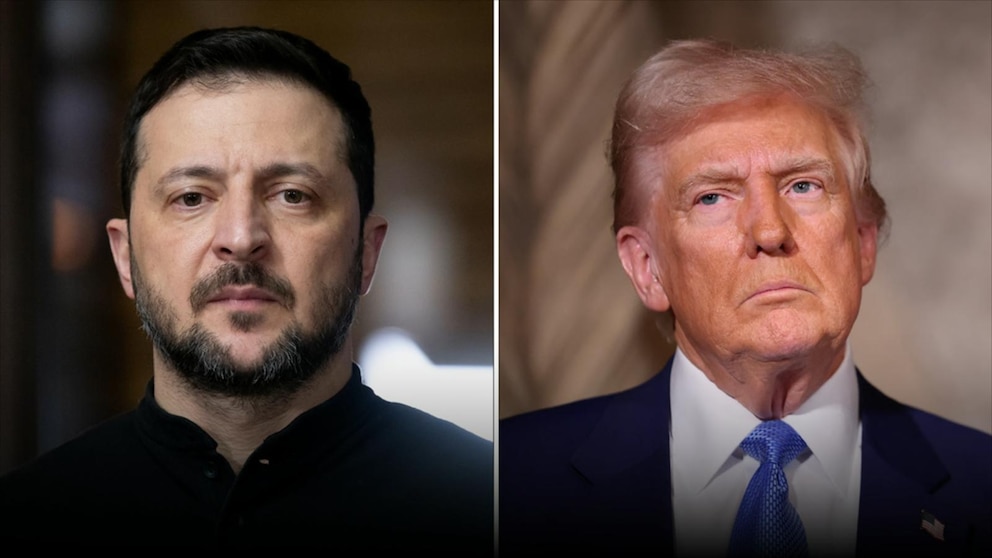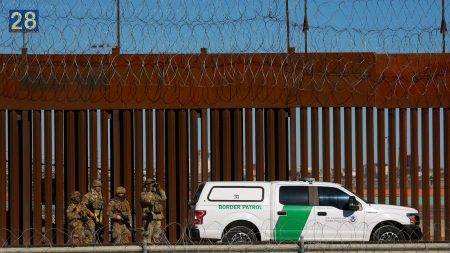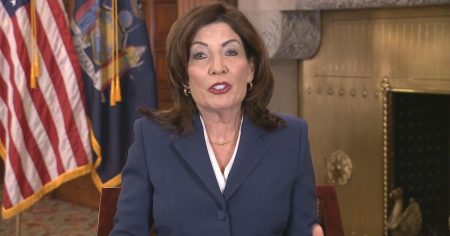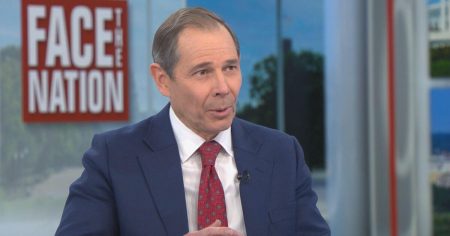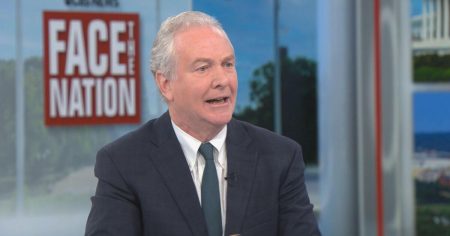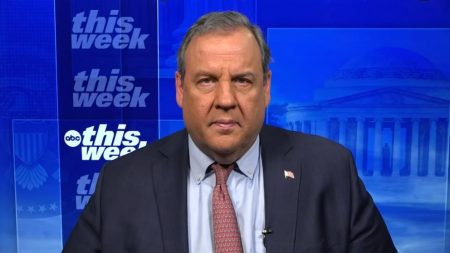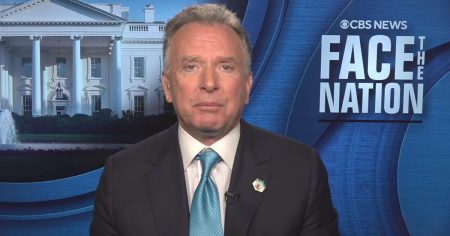The Big Story: Trump Calls Zelenskyy a ‘Dictator,’ DOGE Cuts Expand
The Context: A Divided America and a Fractured World
The United States remains deeply embroiled in a period of political and social upheaval, with the Trump administration pushing forward with its agenda to drastically reduce the size and scope of the federal government. This effort, often described as "radical" by critics, aims to slash bureaucracy and restructure key government agencies. Simultaneously, the administration is actively seeking to bring an end to the ongoing war between Russia and Ukraine, a conflict that has destabilized Eastern Europe and drawn in global powers.
The Controversy: Trump’s Remark About Zelenskyy Sparks Outrage
In a move that has ignited fierce controversy, President Donald Trump recently referred to Ukrainian President Volodymyr Zelenskyy as a "dictator." This remark has been met with widespread criticism, as Zelenskyy is widely regarded as a democratically elected leader who has been a symbol of resistance against Russian aggression. Critics argue that Trump’s statement undermines U.S. support for Ukraine and aligns with narratives promoted by Moscow. Supporters of Trump, however, claim that the comment was taken out of context and that the president was highlighting concerns about governance in Ukraine.
The Geopolitical Implications: Russia, Ukraine, and the Role of the U.S.
The war between Russia and Ukraine continues to dominate international relations, with the U.S. playing a pivotal role as a key supplier of military aid to Kyiv. Trump’s administration has been accused of inconsistent policy toward the conflict, with some questioning whether the president’s rhetoric and actions genuinely support Ukraine’s sovereignty. Russia, meanwhile, has shown no signs of scaling back its ambitions, and the conflict remains a major flashpoint with the potential to escalate further.
The Economic Focus: DOGE Cuts and Their Impact on Federal Spending
One of the hallmark policies of the Trump administration has been its efforts to reduce federal spending, with particular attention paid to programs deemed inefficient or unnecessary. The so-called "DOGE cuts," named after a popular internet meme, have become a symbol of this austerity drive. While proponents argue that these cuts are essential to curbing government waste and balancing the budget, opponents warn that they could have severe consequences for social programs, national security, and the economy as a whole.
The Public Reaction: Polarization and Uncertainty
As the 2024 presidential election looms, public opinion in the U.S. remains deeply divided. Supporters of Trump applaud his efforts to shrink the size of government and his unconventional approach to foreign policy, while critics express alarm at what they see as reckless and destabilizing behavior. The president’s comments about Zelenskyy have only added to the polarization, with many in the political establishment and the general public alike calling for clarity and consistency in U.S. policy toward Ukraine.
Looking Ahead: Challenges and Uncertainties
As the United States navigates this complex and contentious period, both domestic and international challenges loom large. The ongoing conflict in Ukraine, the prospect of further federal budget cuts, and the heated rhetoric of the Trump administration all contribute to an environment of uncertainty. Whether the president’s strategy will yield the desired results—or whether it will exacerbate existing problems—remains to be seen. One thing is clear: the coming months will be critical in shaping the future of American governance and its role on the global stage.





